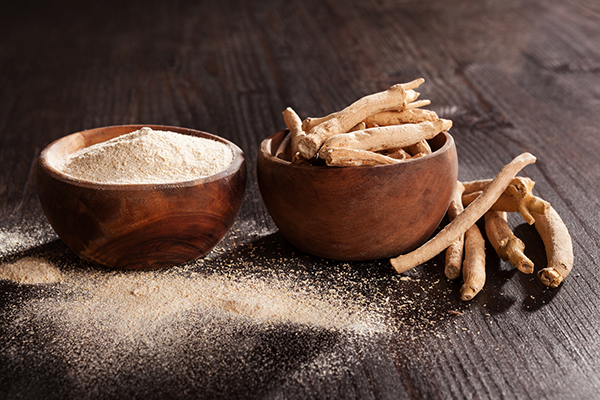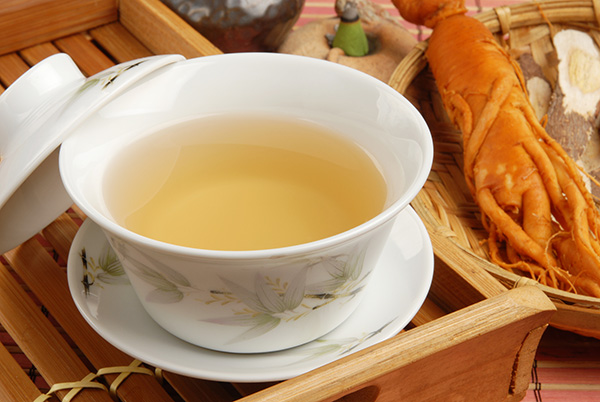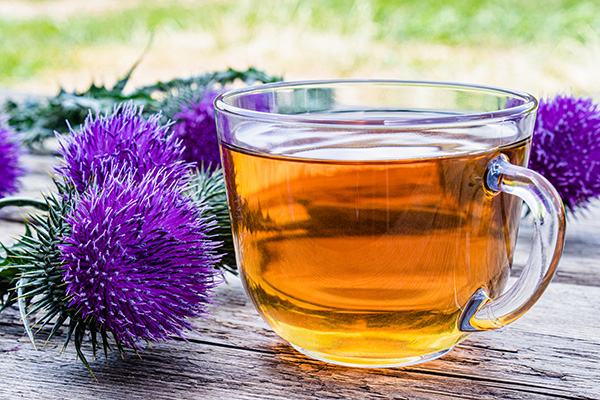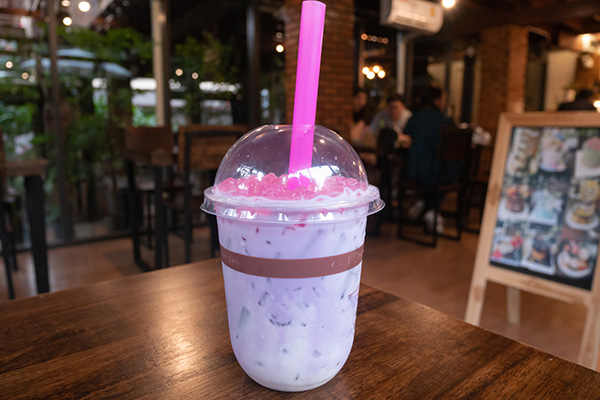What Stains Your Teeth More: Coffee or Tea?
Many people enjoy a hot coffee or tea to start their day, but have you ever wondered which stains your teeth more? While both beverages can cause discoloration, there are some key differences between them.
This blog post will delve into the science of tooth staining and evaluate how coffee and tea affect your teeth. We will also provide practical tips for preventing teeth from staining when drinking tea or coffee.
So, what stains teeth more, tea or coffee? While it may sound counterintuitive at first, black tea stains teeth more than coffee because of a higher content of tannins. According to research, tea contains around twice the tannins you get in coffee.
Are There Types of Teas That Stain Teeth Less Than Cofee?
While we lack research directly comparing other teas to coffee, it’s well-established that green and oolong teas contain fewer tannins than black tea. Moreover, herbal teas contain significantly fewer tannins than black tea.
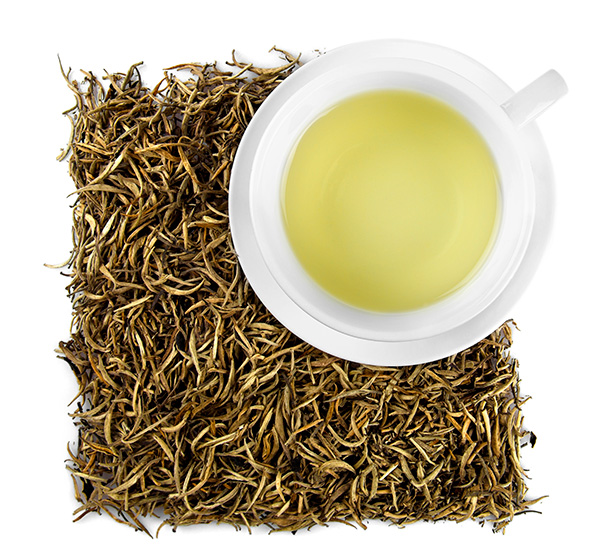
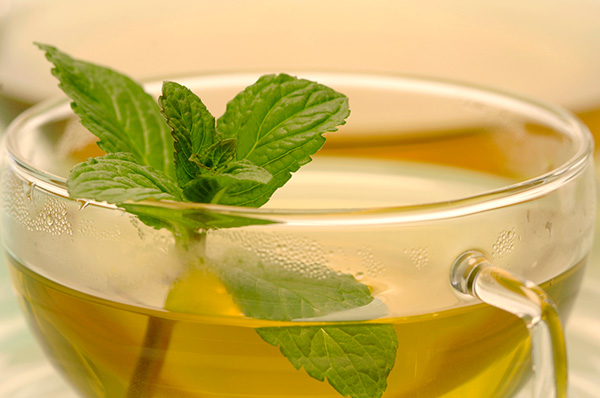
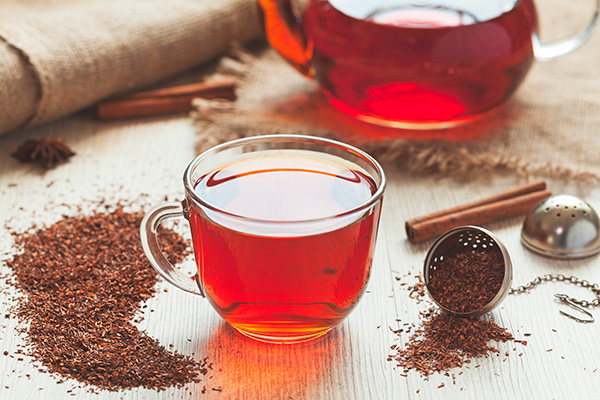
Here are four options, mainly herbal, that you can try:
- Peppermint tea: With low tannin levels and a neutral pH of 6-7, peppermint tea is unlikely to cause tooth staining. Plus, it’s caffeine-free.
- Rooibos tea: Another low-tannin option, rooibos tea has a neutral or slightly acidic pH and is packed with antioxidants. It may also benefit heart health, digestion, bone health, and sleep quality.
- Ginger tea: This spicy brew contains no tannins or acid and boasts potential advantages such as improved digestion, reduced inflammation, boosted immune system, and lowered blood sugar. Just check with your healthcare provider before consuming it regularly if you’re taking certain medications.
- White tea: Harvested before the leaves fully open, white tea has lower levels of tannins and polyphenols than green or black tea. Due to this, it commonly has a lighter color and is less prone to tooth staining.
While we cannot compare these teas to coffee directly regarding their tooth-staining potential, they have lower tannin content than black tea and are less likely to stain your teeth, and this implies they may be less aggressive on your teeth than coffee as well.
Why Doe Tea and Coffee Stain Teeth?
So, what are tannins and other factors that affect tooth staining?
Here are the three main culprits, including tannins, causing your teeth to stain:
- Chromogens: Foods containing pigmented compounds called chromogens can stick to enamel and cause stains. Red wine is a well-known offender, but black and green tea can also contain significant amounts of chromogens.
- Tannins: Found in high amounts in black tea, tannins are potent antioxidants that offer potential health benefits such as reducing inflammation, strengthening the brain, and regulating blood sugar levels. However, they can also increase the adhesion of chromogens to tooth enamel, contributing to staining.
- Acidity: While not directly responsible for staining, acidic foods and drinks create an environment that makes it easier for other compounds to cause discoloration. Acidic substances can weaken enamel and create rough patches that allow pigments from food and drink to cling to teeth.
4 Tips on How to Drink Tea and Coffee Without Staining Teeth
For those who want to keep drinking tea and coffee but are concerned about staining, there are numerous straightforward steps you can follow to prevent teeth from staining:
- Add milk: A 2014 study found that adding milk to tea can prevent staining by creating a protective buffer. The study suggested that this approach was as effective as professional bleaching treatments!
- Minimize contact with teeth: When you drink from a cup, tea or coffee flows over your teeth before you swallow it. To reduce contact and minimize staining, try sipping through a straw or using a cup with a lid.
- Rinse with water: After enjoying your favorite brew, rinse your mouth to remove tannins and chromogens from your teeth. Making this simple adjustment can lead to considerable improvement.
- Brush regularly: Of course, good oral hygiene is vital when it comes to preventing staining. Additionally, brushing or rinsing after consuming dark-colored drinks like tea or coffee is advisable. Brushing and flossing twice a day is essential for good dental hygiene.
Final Thoughts
In conclusion, coffee and tea can stain your teeth. While coffee contains more chromogens – pigmented compounds that stick to enamel – tea has higher levels of tannins, which results in its higher ability to stain teeth than coffee.
Although teeth staining is a common concern with certain beverages, implementing easy measures such as adding milk, limiting contact with your teeth, rinsing with water, and maintaining good oral hygiene can help you enjoy your favorite drinks without worrying about discoloration.

